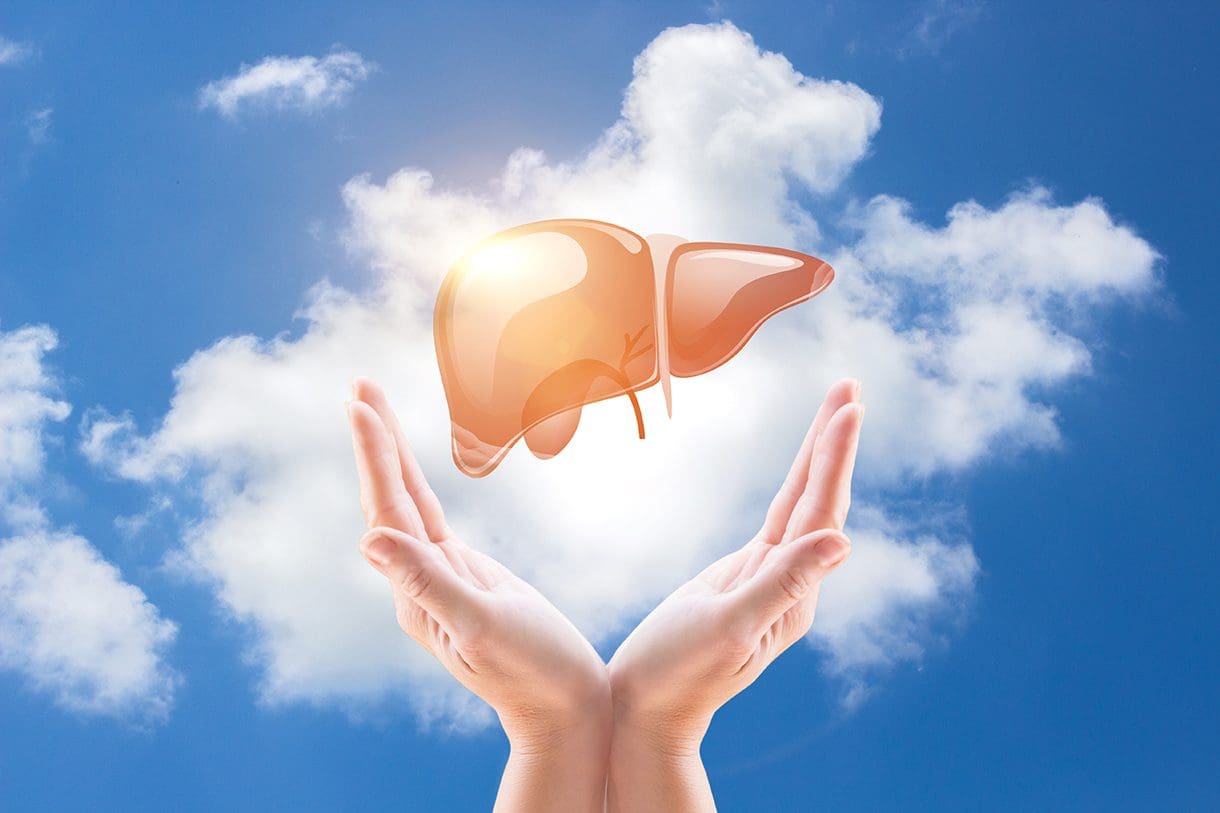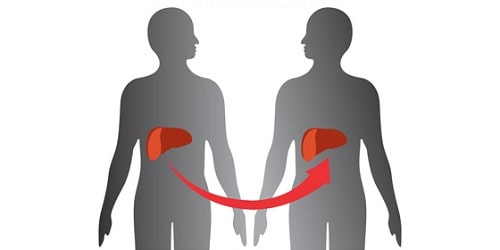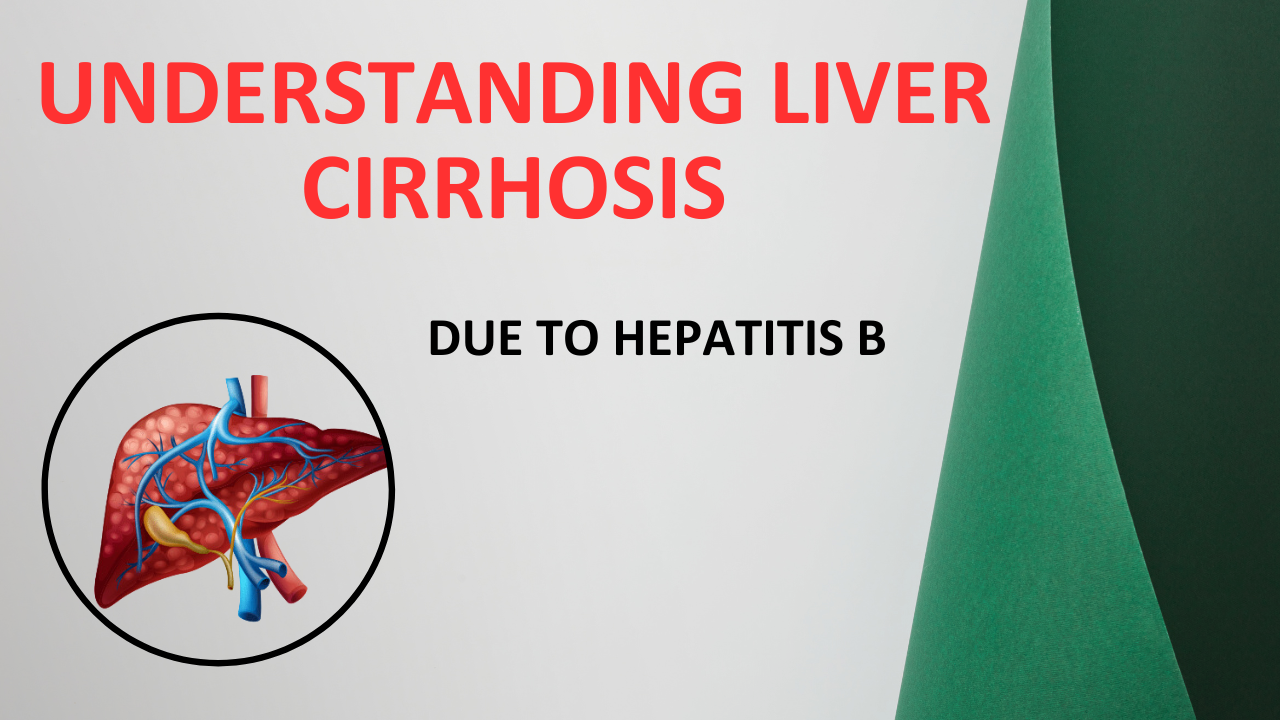Liver transplantation is a highly complex and delicate procedure that requires an experienced team of surgeons, physicians, and other medical professionals. As with any major surgical procedure, there are risks and complications that must be addressed. One of the most important considerations is the recovery of the donor after the transplant is complete.

The Risks of Liver Transplantation

When a donor undergoes a liver transplant, there are a number of risks and potential complications that must be considered. In addition, the donor may experience a range of physical and emotional side effects such as nausea, fatigue, and depression. It is important for the donor to be aware of the risks before undergoing the procedure.
Recovery Expectations
The recovery timeline for a liver transplant donor varies from person to person. Generally, it takes about six to eight weeks for the donor to fully recover from the procedure. During this time, the donor will need to rest and take it easy. The donor should avoid strenuous activities and may need to take medications to help manage pain and discomfort.
It is common for the donor to experience some pain and discomfort after the surgery. The donor may also need to take medications to help manage pain and reduce inflammation. Additionally, the donor may need to have regular blood tests to monitor organ function. It is important for the donor to discuss any concerns or questions with the transplant team.
Returning to Work
The amount of time a donor needs to recover from a liver transplant varies from person to person. Generally, it takes about four to six weeks for the donor to fully heal and be ready to return to work. This timeline may be adjusted depending on the donor’s individual situation. It is important for the donor to discuss their return to work with the transplant team.
When returning to work, the donor should discuss any safety concerns with their employer. The employer should be aware of the donor’s medical condition and any restrictions the donor may have. Additionally, the donor should discuss any accommodations they may need in order to perform their job safely and effectively.
Liver Regeneration

One of the benefits of liver transplantation is that the donor’s own liver will regenerate over time. The liver has a remarkable ability to regenerate itself and repair any damage caused by the surgery. This process can take several months or even years, depending on the individual.
It is important for the donor to take care of their health during the regeneration process. The donor should follow the instructions of their medical team and take any medications prescribed. Additionally, the donor should eat a healthy diet, exercise regularly, and get plenty of rest.
Conclusion
Donor recovery after a liver transplant is a complex process. It is important for the donor to understand the risks and to follow the instructions of the transplant team. Additionally, the donor should discuss any concerns or expectations with the transplant team. With proper care and attention, the donor can make a full recovery and return to work.



